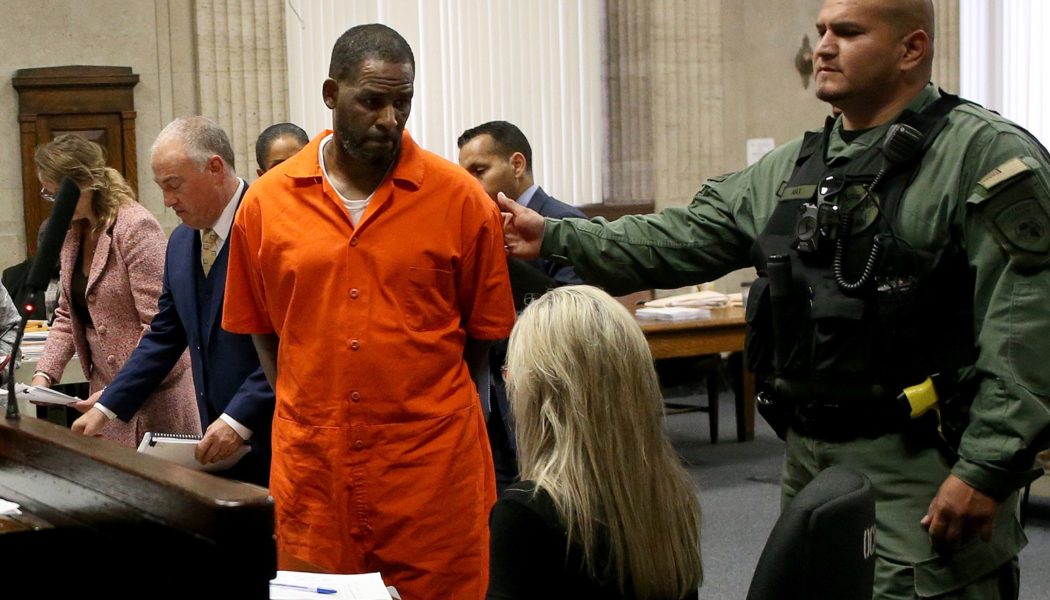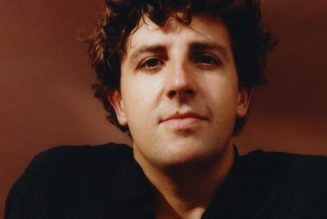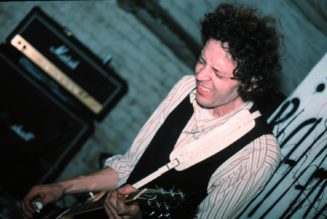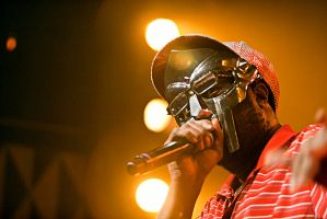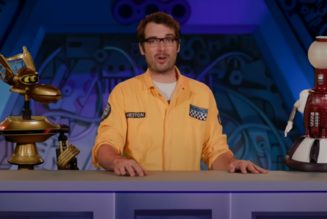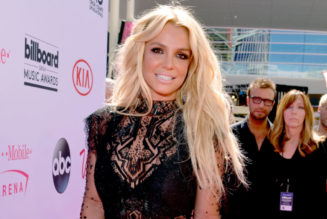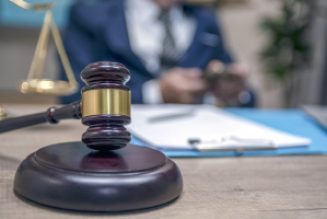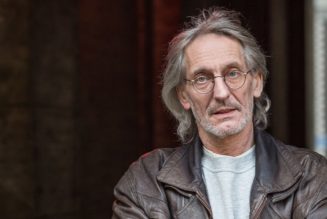
After the potential jurors filed into the courtroom gallery, Judge Ann M. Donnelly addressed the group, emphasizing the anonymity of selected jurors. Donnelly explained that U.S. marshals would accompany jurors to and from the courthouse each day, in response to the onslaught of media attention and high-profile status of the case. In August 2020, charges were filed against associates of Kelly for witness tampering, another factor playing into the decision for a partially sequestered and anonymous jury.
“Nobody knows what your names are,” Donnelly reassured. “I don’t want anyone…trying to get your take on [the trial].”
Donnelly questioned potential jurors, inquiring about their hobbies, jobs, experiences with law enforcement and views on same-sex relations, presumably in reference to upcoming evidence and accounts. In the end, 18 jurors will be selected, six of whom will serve as alternates. The trial is set to last four weeks, with opening arguments beginning Aug. 18.
Reporters covering the trial and other members of the public are not allowed in the courtroom and instead gathered in an overflow room in the courthouse to watch the proceedings from a TV screen.
Kelly’s charges include racketeering, human trafficking, enticement of a minor, obstruction of justice and child pornography, among others, citing events dating back to the early ’90s — most notably involving late R&B singer Aaliyah. The beloved songstress, who was married to Kelly at 15, will be identified during the trial as “Jane Doe #1.” Kelly has pleaded not guilty. His lawyers recently told the judge that the 54-year-old singer is running out of funds and cannot afford court transcripts. Following his current trial, Kelly will stand trial in Chicago and also faces state charges in Minnesota.

